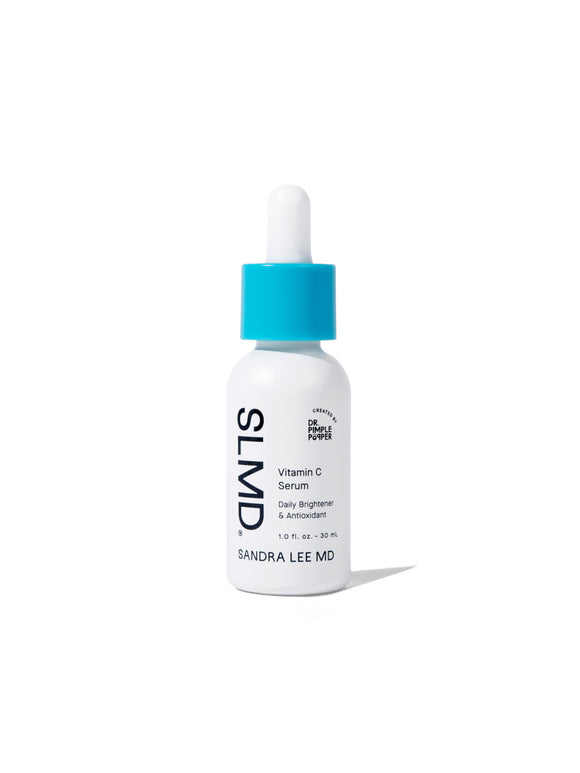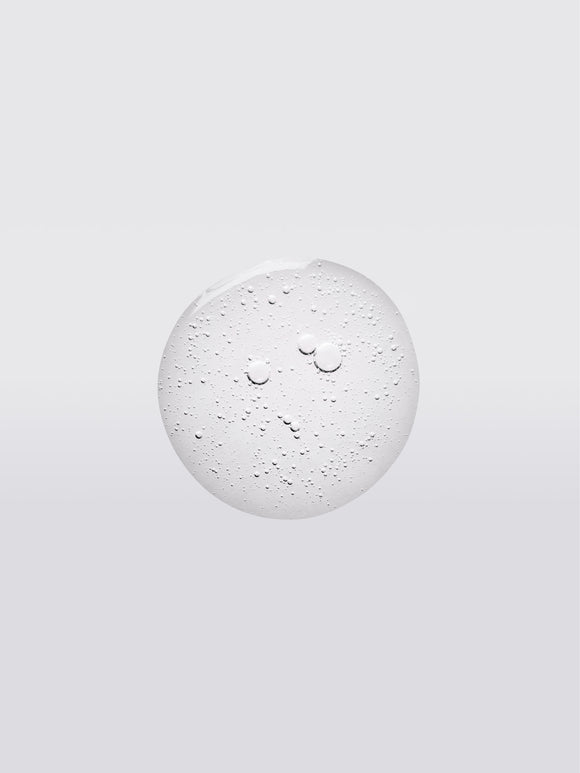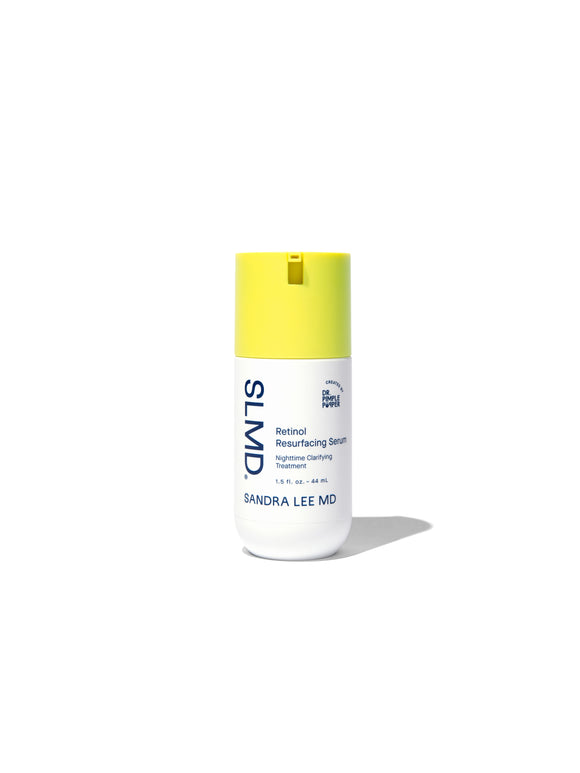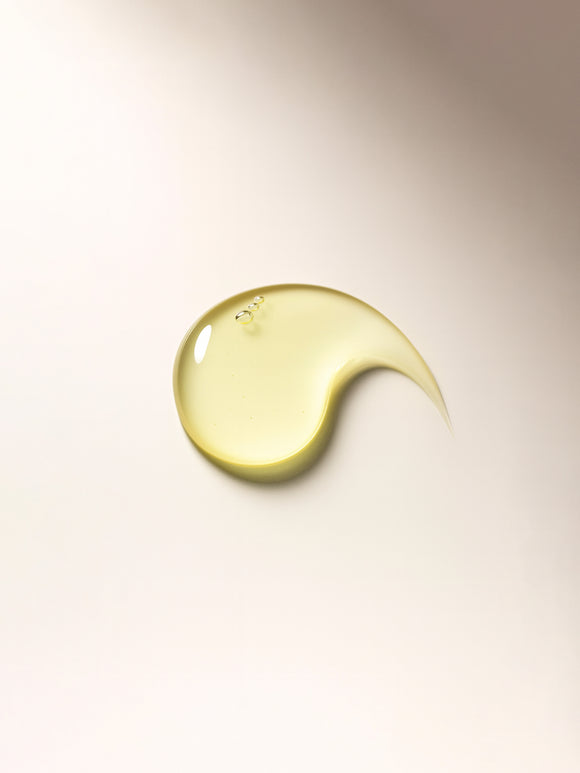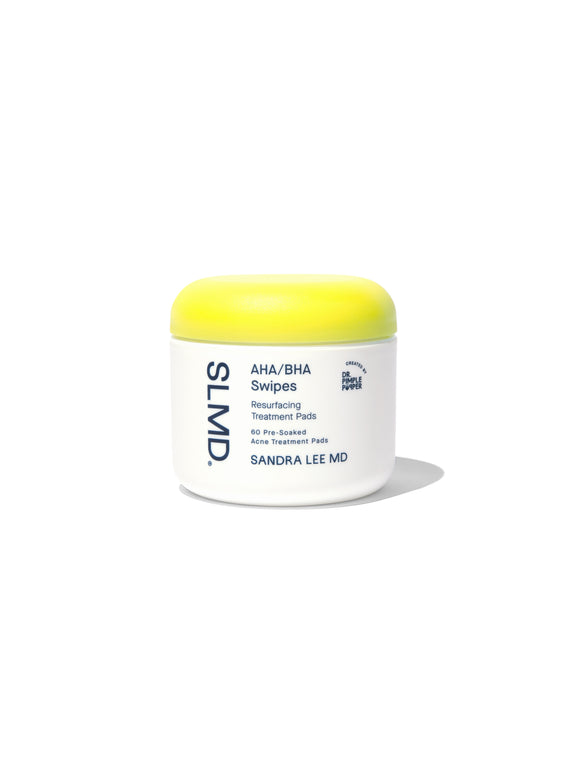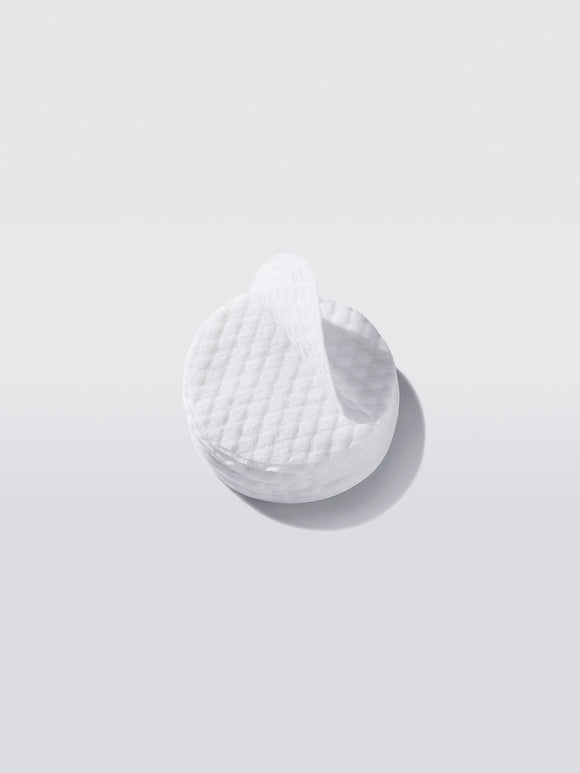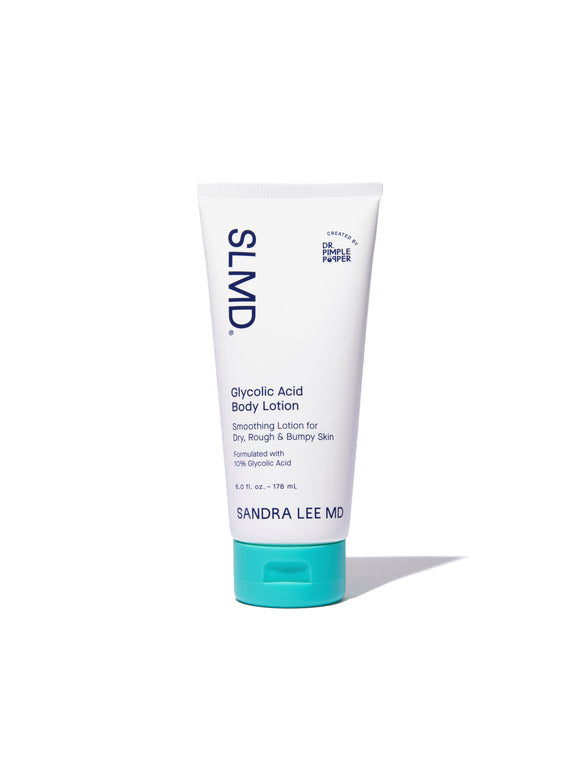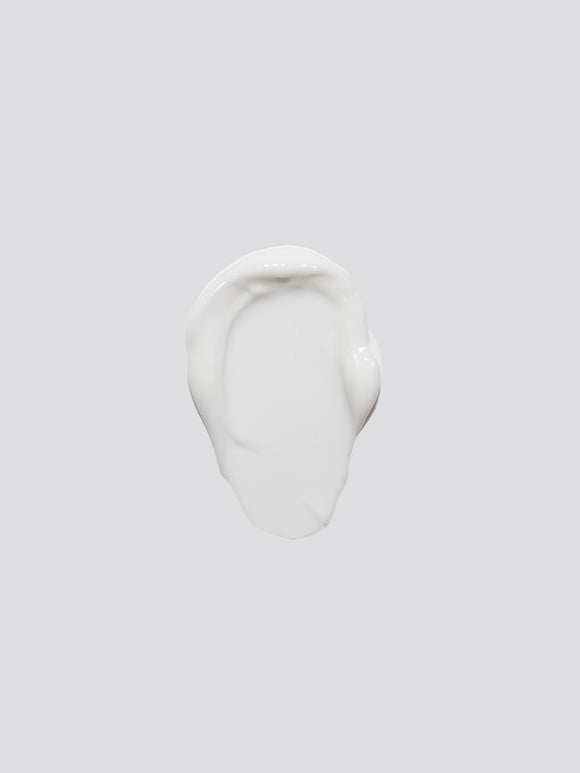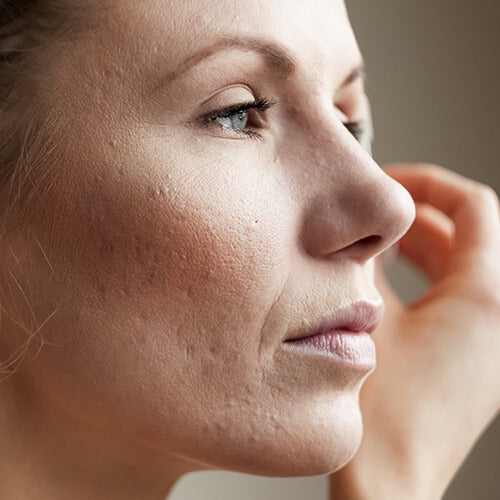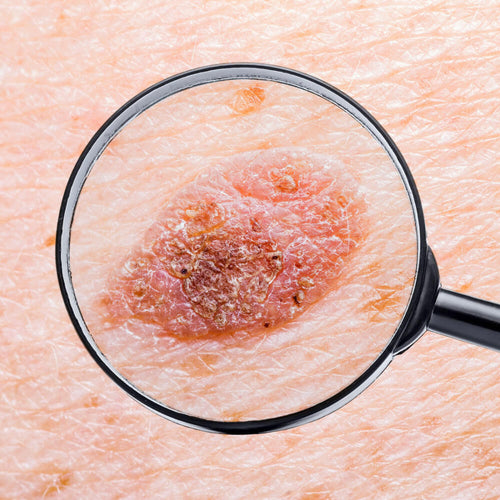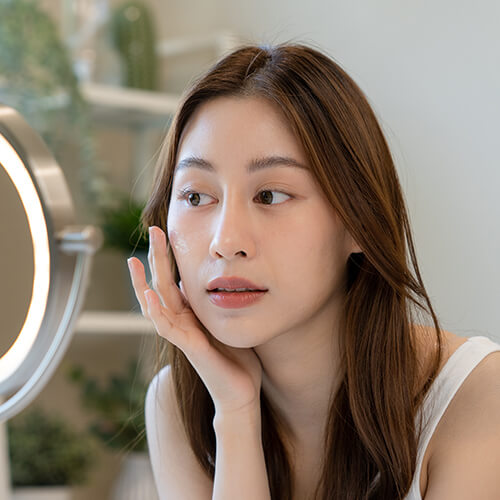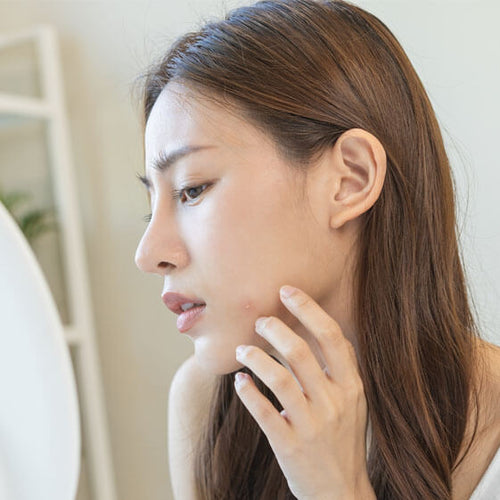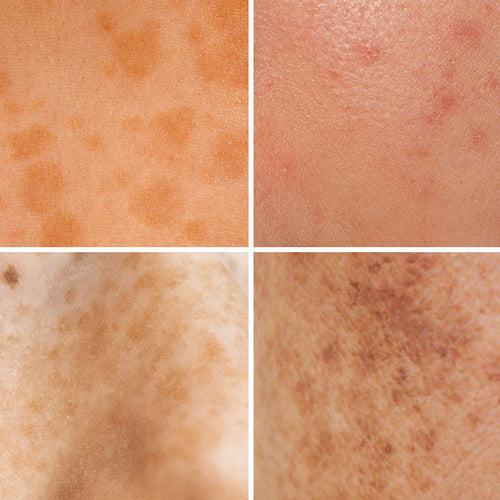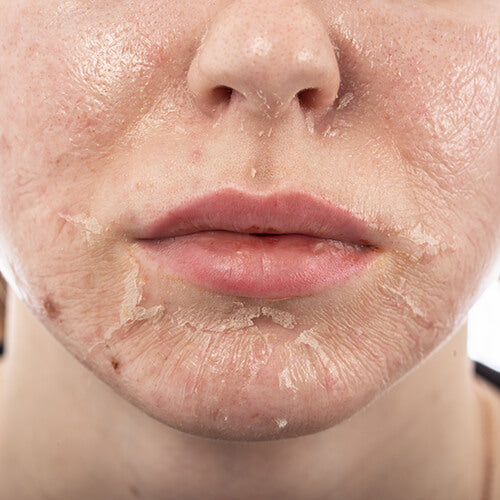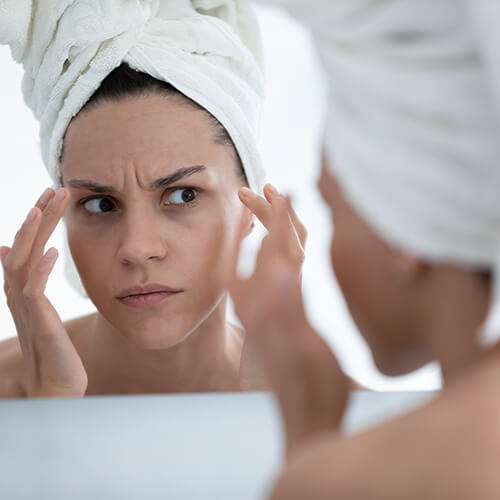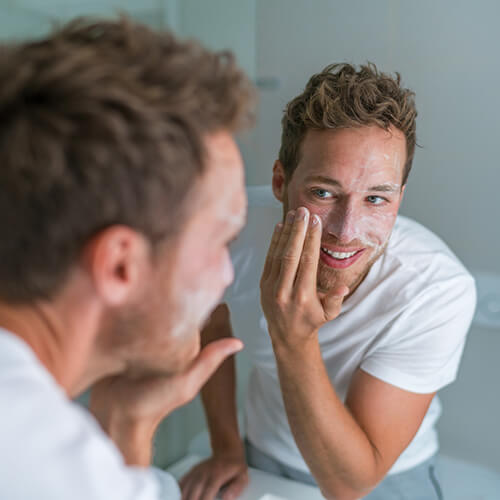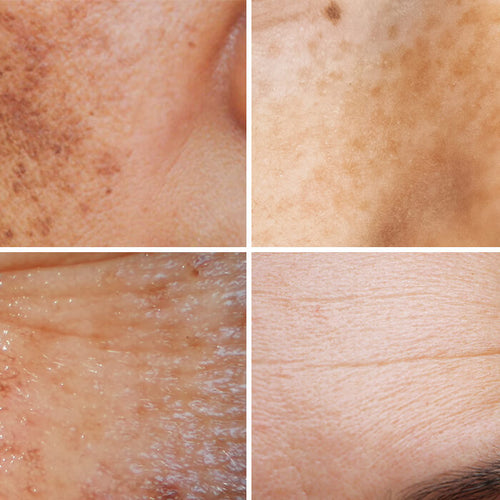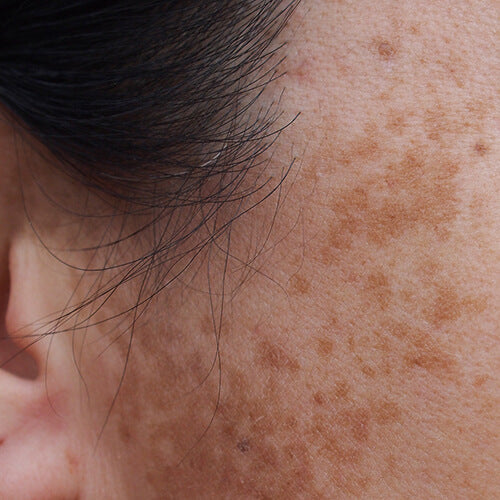
7 Powerful Ingredients to Fade Dark Spots, According to Dermatologists
Dr. Pimple Popper reveals her top picks for reducing hyperpigmentation.
Published:
3 minute read
Sun spots, dark marks, age spots, liver spots — no matter what you call them, they’re signs of skin damage. So what can you do when hyperpigmentation starts showing up? The right ingredients make all the difference.
Board-certified dermatologist Sandra Lee, MD (aka Dr. Pimple Popper) shares the top ingredient recommendations for fading dark spots for brighter, more radiant-looking skin.
1. Retinol
Best for: post-inflammatory hyperpigmentation, sun damage, uneven texture
2. Vitamin C
Best for: brightening dull skin, reducing environmental damage, fading sun spots
Dr. Pimple Popper's Dark Spot Solutions
3. Glycolic acid
Best for: exfoliating dark spots, improving overall skin tone
4. Kojic acid
Best for: melasma, post-inflammatory hyperpigmentation, overall brightening
5. Niacinamide
Best for: inflammation-related dark spots, skin barrier support
6. Hydroquinone
Best for: stubborn hyperpigmentation requiring a prescription
7. Tranexamic acid
Best for: melasma, inflammation-related pigmentation
FAQs about treating dark spots
Q: Which ingredient works the fastest for dark spots?
A: Hydroquinone (available by prescription) is one of the most potent options, but retinol, vitamin C, and glycolic acid also deliver visible results with consistent use.
Q: Can I combine multiple brightening ingredients?
A: Yes, but start slow. Some ingredients, like niacinamide and vitamin C, or glycolic acid and retinol, work well together, but they may be best used on alternate days or AM/PM to minimize irritation and maximize benefits.
Q: How long does it take to see results?
A: Results vary, but most people notice improvement in 4–8 weeks with consistent use.

Dr. Lee's Last Word
Dark spots can be stubborn, but the right skincare ingredients can make a big difference. Whether you’re targeting post-inflammatory hyperpigmentation or sun damage, consistency is key. Find the right combination that works for your skin and always wear sunscreen to prevent future discoloration.



